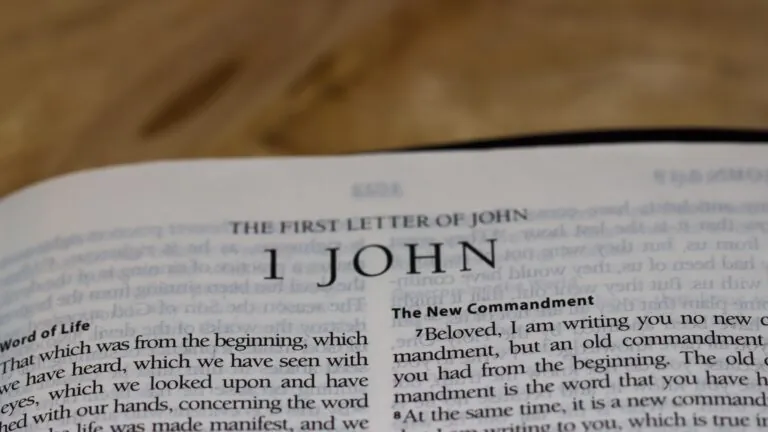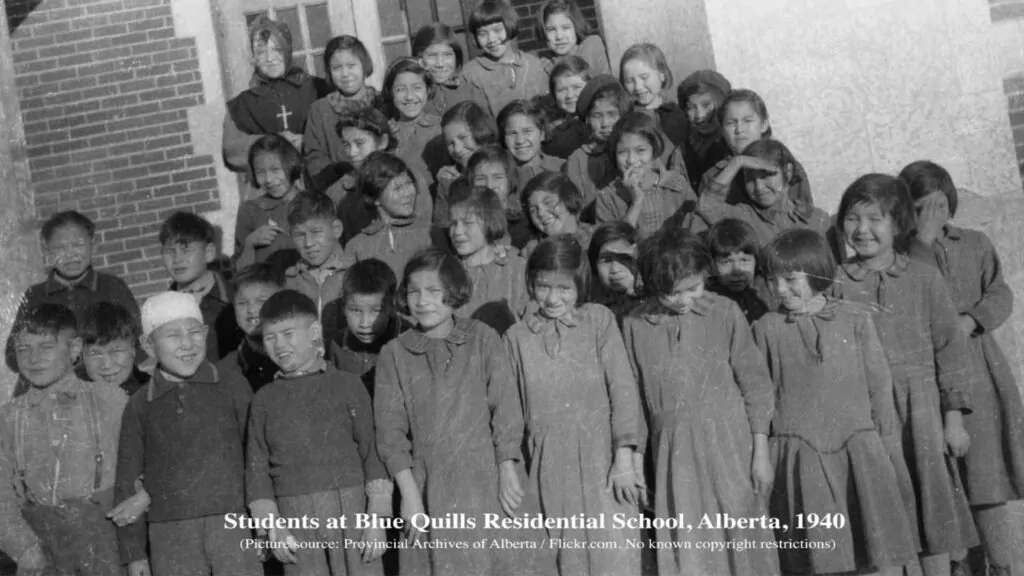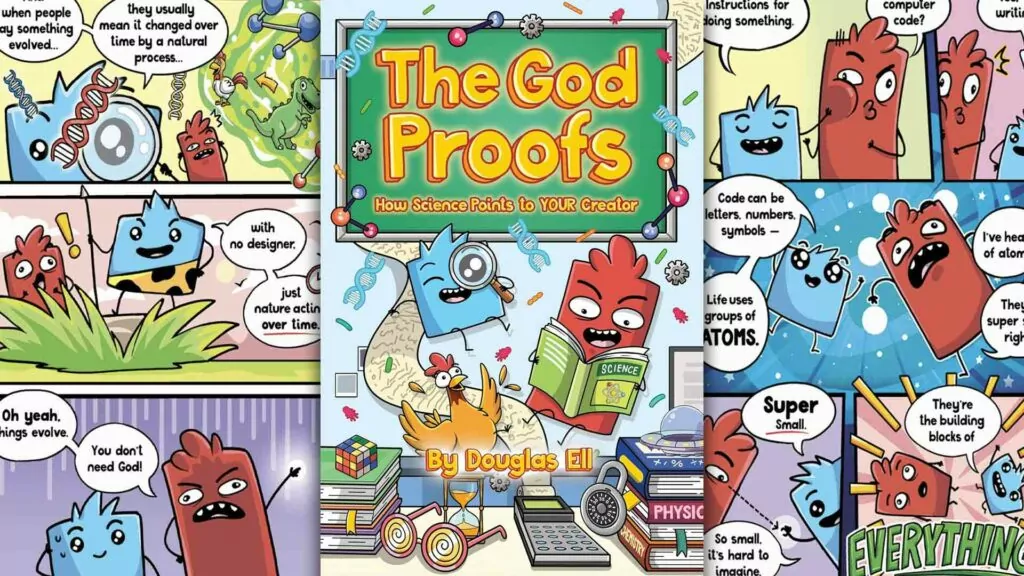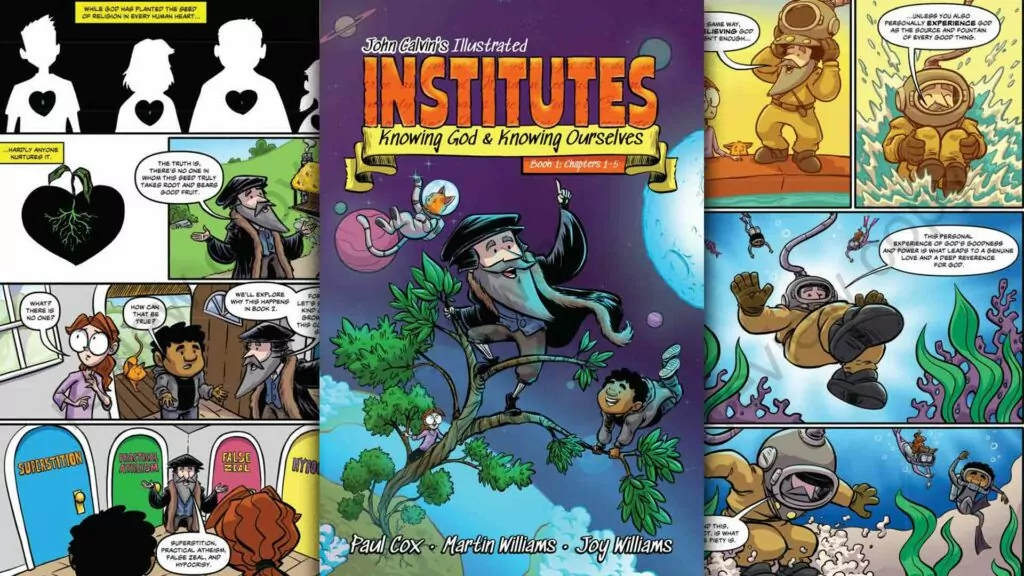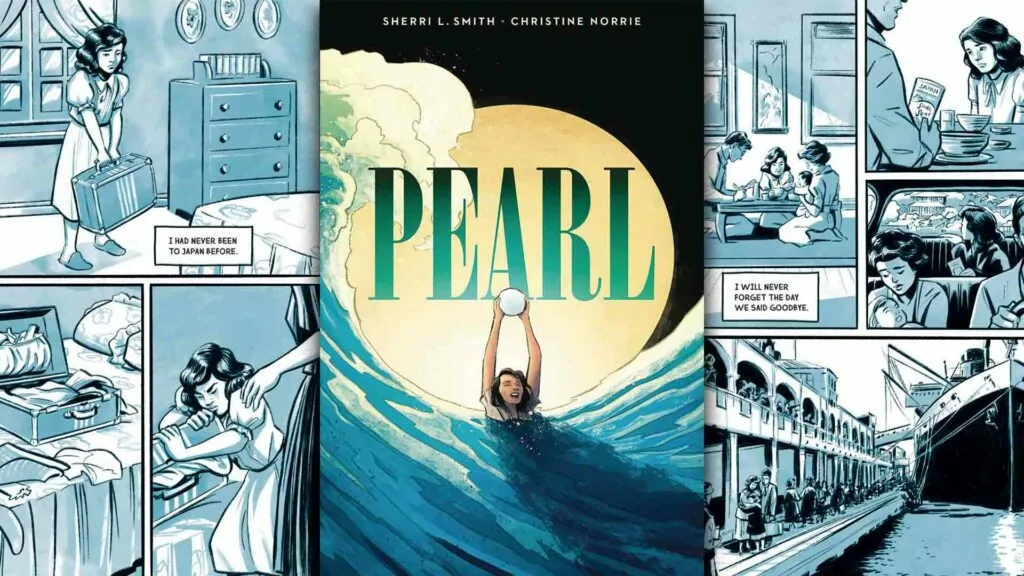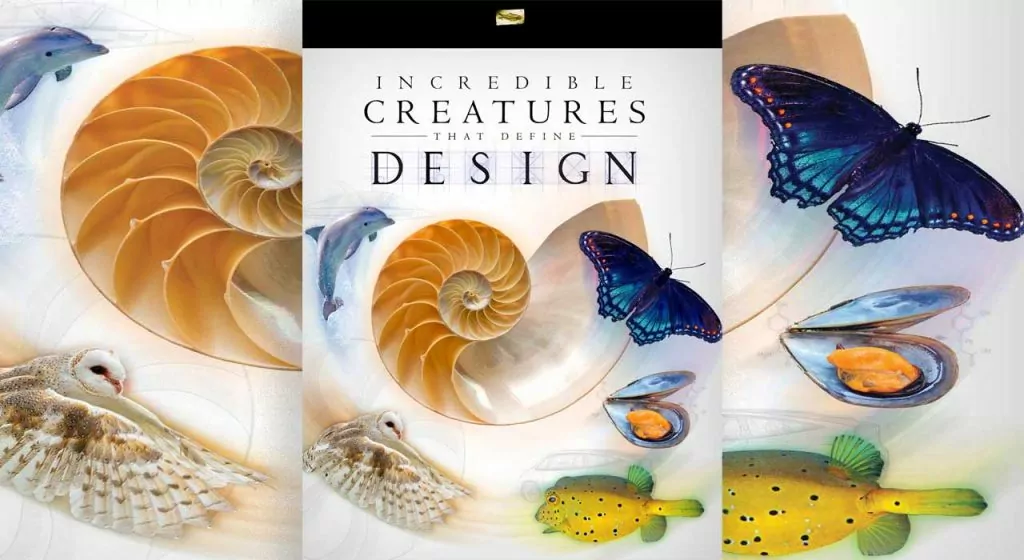How are we to read the Bible?
From January 16 to 18, in 2014, the Canadian Reformed Theological Seminary hosted a conference on the topic of hermeneutics. It's a big word, but they explained what they meant by it: how does one correctly handle the Word of truth in today’s postmodern world? It comes down to: how are we to read the Bible?
Half a dozen professors from the Theological University in Kampen – this institution trains ministers for the Reformed Churches in the Netherlands (RCN) – winged their way across the Atlantic to participate in this Conference. Two professors from Mid-America Reformed Seminary in Dyer, Indiana (this institution contributes to the ministerial supply in the URC) braved wintry roads to add their contribution. And, of course, the faculty of our own Canadian Reformed Theological Seminary in Hamilton did what they could to supply a clear answer to that vital question. The Conference included two public evenings, and it was good to see that the host church in Ancaster was packed to the rafters on both evenings. For my part, I took in the two daytime programs too. By the time the Conference was over at 3:20 Saturday afternoon, I was more than happy to call it quits; one can absorb only so much….
Conference Background
Many of the members of the Canadian Reformed Churches have a Dutch background. Specifically, our (grand)parents were once members of the Reformed Churches of the Netherlands (RCN). There is, then, a very strong historic and emotional bond between the Canadian Reformed Churches and the Reformed Churches of the Netherlands. At my own church, the two previous ministers both came directly from these Dutch sister churches, and both had their training in the Theological University of Kampen.
In the last dozen years or so, concern has slowly grown within our churches about developments we saw happening in the RCN in general and in the Theological University in particular. In fact, our recent Synod of Carman wrote a pointed letter to the upcoming Dutch Synod explaining why developments in the Dutch churches worry us, and urging a change (see Acts 2013, Art 165). The heart of the concern lies in how the professors of Kampen are reading the Bible. Given that we remain sister churches with the RCN, it was considered right before God to do a Conference with these men in order to understand better what the Kampen men are thinking, and to remind each other of what the Lord Himself says on the subject.
How does one read the Bible?
It was accepted by all that the Bible comes from God Himself, so that what is written on its pages does not come from human imagination or study, but comes from the Mind of holy God Himself. So the Bible contains no mistakes; whatever it says is the Truth. Yet this Word of God is not given to us in some unclear divine language, but infinite God has been pleased to communicate in a fashion finite people can understand – somewhat like parents simplifying their language to get across to their toddler. As we read the Bible, then, the rules common for reading a newspaper article, a book, or even this Bit to Read apply, ie, you get the sense of a particular word or sentence from the paragraph or page in which it’s written, and when some word or sentence is confusing you interpret the harder stuff in the light of easier words or sentences elsewhere in the article. That’s the plain logic of reading we all use. So far the professors of Kampen and Hamilton and MARS were all agreed.
Genesis 1
Differences arose, however, when it came to what you do with what a given text says. In the previous paragraph, I made reference to a ‘toddler’. We all realize that the use of that word does not make this Bit to Read an article about how to raise toddlers. Genesis 1 uses the word ‘create’. Does that mean that that chapter of Scripture is about how the world got here? We’ve learned to say that Yes, Genesis 1 certainly tells us about our origin. (And we have good reason for saying that, because that’s the message you come away with after a plain reading of the chapter; besides, that’s the way the 4thcommandment reads Genesis 1, and it’s how Isaiah and Jeremiah and Jesus and Paul, etc, read Genesis 1.) But the Kampen professors told us not to be so fast in jumping to that conclusion. Genesis 1, they said, isn’t about how we got here, but it’s instruction to Israel at Mt Sinai about how mighty God is not the author of evil. Just like you cannot go to the Bible to learn how to raise toddlers (because that’s not what the Bible is about; you need to study pedagogy for that – the example is mine), so you cannot go to the Bible to find out how the world got here – because that’s not what Genesis 1 is about, and so it’s not a fair question we should ask Genesis 1 to answer.
1 Timothy 2
A second example that illustrates how the Dutch professors were thinking comes from their treatment of 1 Timothy 2:12,13. These verses record Paul’s instruction: “I do not permit a woman to teach or to exercise authority over a man; rather, she is to remain quiet. For Adam was formed first, then Eve….” This passage featured on the Conference program because a report has recently surfaced within the Dutch sister churches arguing that it’s Biblical to ordain sisters of the congregation to the offices of minister, elder and deacon. 1 Timothy 2 would seem to say the opposite. So: how do you read 1 Timothy 2:12 to justify the conclusion that women may be ordained to the offices of the church?
The Dutch brethren answered the question like this: when Paul wrote the prohibition of 1 Timothy 2, the culture Timothy lived in did not tolerate women in positions of leadership. If Paul in that situation had permitted women to teach in church or to have authority over men, he would have placed an unnecessary obstacle on the path of unbelievers to come to faith. Our western culture today, however, gives women a very inclusive role in public leadership. If we today, then, ban them from the offices of the church, we would place an obstacle in the path of modern people on their journey to faith in Jesus Christ. Had Paul written his letter to the church in Hamilton today, he would have written vs 12 to say that women would be permitted to teach and to have authority over men.
That conviction, of course, raises the question of what you do with the “for” with which vs 13 begins. Doesn’t the word ‘for’ mean that Paul is forming his instruction about the woman’s silence on how God created people in the beginning – Adam first, then Eve? Well, we were told, with vs 13 Paul is indeed referring back to Genesis 1 & 2, but we need to be very careful in how we work with that because we’re reading our own understandings of Genesis 1 & 2 into Paul’s instruction in 1 Timothy 2, and we may be incorrect in how we understand those chapters from Genesis. So vs 13 doesn’t help us understand vs 12.
Confused…
I struggled to get my head around how brothers who claim to love the Lord and His Word could say things as mentioned above. A speech on Saturday morning helped to clarify that question for me. The old way of reading the Bible might be called ‘foundationalism’, describing the notion that you read God’s commands and instructions (eg, any of the Ten Commandments), and transfer that instruction literally into today so that theft or adultery or dishonoring your parents is taboo. This manner of reading the Bible does not go down well with postmodern people, because it implies that there are absolutes that you have to obey. The alternative is to disregard the Bible altogether and adopt ‘relativism’, where there are no rules for right and wrong at all – and that’s obviously wrong. So, we were told, we need to find a third way between ‘foundationalism’ and ‘relativism’.
This third way would have us be familiar with the Scriptures, but instead of transferring a command of long ago straight into today’s context, we need to meditate on old time revelation and trust that as we do so the Lord will make clear what His answers are for today’s questions. If the cultural circumstances surrounding a command given long ago turns out to be very similar to cultural circumstances of today, we may parachute the command directly into today and insist it be obeyed. But if the circumstances differ, we may not simply impose God’s dated commands on obedience or on theft or on homosexuality into today. Instead, with an attitude of humility and courage we need to listen to what God is today saying – and then listen not just to the Bible but also to culture, research, science, etc. After prayerfully meditating on the Scripture-in-light-of-lessons-from-culture-and-research, we may well end up concluding that we need to accept that two men love both each other and Jesus Christ. That conclusion may differ from what we’ve traditionally thought the Lord wanted of us, but a right attitude before the Lord will let us be OK with conclusions we’ve not seen in Scripture before.
Analysis
This speech about the ‘third way’ helped clarify for me why the Kampen professors could say what they did about Genesis 1 and 1 Timothy 2. They were seeking to listen to Scripture as well as to what our culture and science, etc, were saying, and then under the guidance of the Holy Spirit sought to come to the will of the Lord for today’s questions. To insist that Genesis 1 is God’s description about how we got here (creation by divine fiat) leads to conclusions that fly in the face of today’s science and/or evolutionary thinking – and so we must be asking the wrong questions about Genesis 1; it’s not about how we got here…. To insist that 1 Timothy 2 has something authoritative to say about the place of women is to place us on ground distinctly out of step with our society – and so we must be reading 1 Timothy 2 wrongly. As a result of deep meditation on Scripture plus input from culture etc, these men have concluded that God leads us to condoning women in office in our culture, accepting a very old age for the earth, and leaving room for homosexual relationships in obedient service to the Lord.
This, it seems to me, is the enthronement of people’s collective preferences over the revealed Word of God. Our collective will, even when it is renewed and guided by the Holy Spirit, remains “inclined to all evil” (Lord’s Day 23.60; cf Romans 7:15,18). There certainly are questions arising from today’s culture that do not have answers written in obvious command form in Scripture, and so we undoubtedly need to do some humble and prayerful research and thinking on those questions. But the Bible is distinctly clear (not only in Genesis 1) about where we come from, and distinctly clear too (not only in 1 Timothy 2) about the place of women, and distinctly clear also on homosexuality. To plead that we need different answers today than in previous cultures lest the Bible’s teachings hinder unbelievers from embracing the gospel is to ignore that Jeremiah and Micah and Jesus and Paul and James and every other prophet and apostle had to insist on things that were “a stumbling block to Jews and folly to Gentiles” (1 Corinthians 1:23). One questioner from the audience hit the nail on the head: the Dutch brethren were adapting their method of reading the Bible to produce conclusions accommodated to our culture.
Where does this leave us?
There was a time when the Reformed Churches in the Netherlands and their Theological University in Kampen were a source of much wisdom and encouragement in searching the Scriptures. Given that all the men from Kampen spoke more or less the same language at the Hermeneutics Conference, it is clear to me that those days are past. We need not deny them the right hand of fellowship, but we do need to pray that the Lord have mercy on the Dutch sister churches – for this is how their (future) ministers are being taught to deal with Scripture.
I was very grateful to note that the professors from the Canadian Reformed Theological Seminary (and MARS too, for that matter) all spoke uniformly in their rejection of Kampen’s way of reading the Bible. They insisted unequivocally that “the whole counsel of God, concerning all things necessary for his own glory, man’s salvation, faith, and life, is either expressly set down in scripture, or by good and necessary consequence may be deduced from Scripture: unto which nothing at any time is to be added, whether by new revelations of the Spirit, or traditions of men” (Westminster Confession, I.6).
Postmodernism does not pass us by. May the Lord give us grace to keep believing that His Word is authoritative, clear and true....


